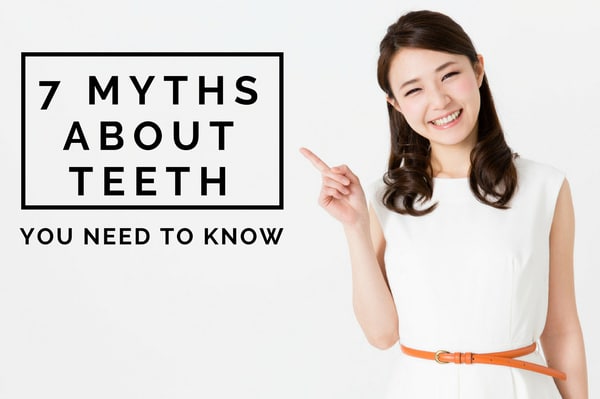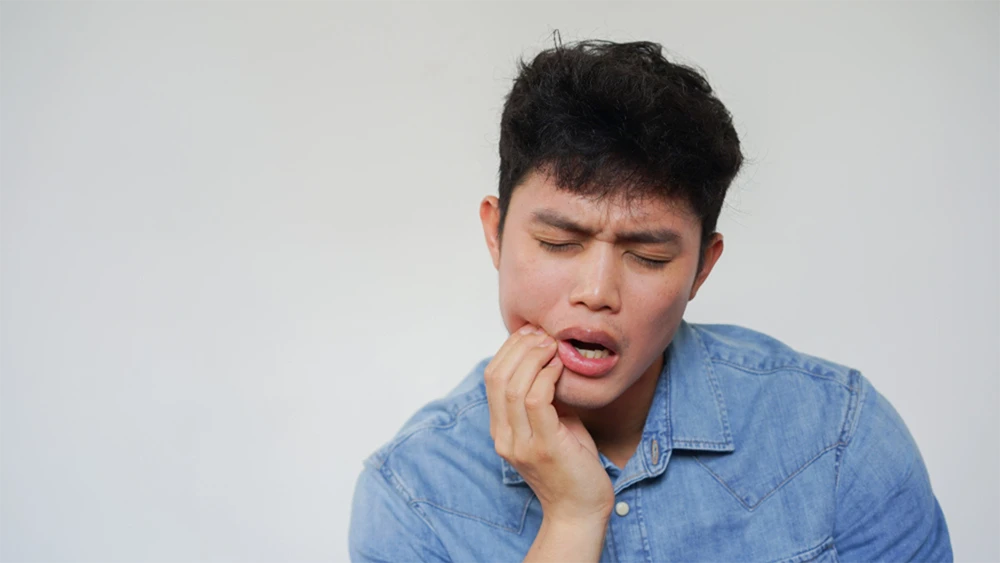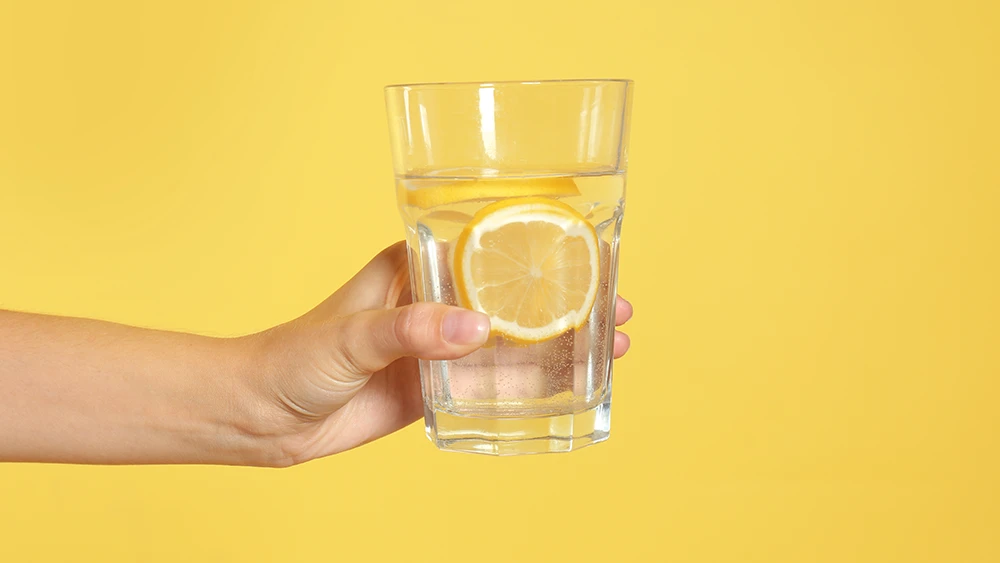We often take the authenticity of information for granted. However, blindly accepting common beliefs (it must be true if everyone says so!) can result in harmful outcomes. Also, fear of dental treatment can bias you into thinking you do not require treatment.
With the sheer amount of information available on the internet, both true and false, we have to remember that not everything we read is true. A good approach is this: When in doubt, always ask a dental professional!
In this article, we will detail 7 common myths about your teeth.
Myth 1. “I should stop brushing when my gums bleed”
Many people think they should stop brushing their teeth when their gums bleed.
However, teeth will develop a coat of dental plaque if not thoroughly brushed. This plaque contains continuously multiplying bacteria and can cause an inflammatory response in gums. This leads to redness, swelling, and bleeding in gums. Therefore, bleeding gums are an indicator that something needs to be cleaned.
Thus, we should be doing the exact opposite of this myth! Brushing a bleeding area removes the offending plaque, and eventually leads to healing and reduced bleeding. Stopping brushing doesn’t address the problem and leaves plaque on teeth, which allows bleeding to continue (or worsen) day after day.
Myth 2. “I should brush my teeth only after breakfast”
While it makes sense to brush after eating, the enemy here is not food, but dental plaque. Dental plaque forms throughout the night as we sleep. By the morning, the amount of bacterial activity in the plaque creates enough acid to bathe the teeth in an acidic environment.
Eating and drinking before brushing further feeds this plaque activity and pushes the pH (a measure of acidity) even lower. Certain breakfast items like fruits and juices are also acidic in nature and can directly cause this change in pH.
Daily exposure to such acidity can ultimately weaken the tooth structure and render it more susceptible to dental caries (tooth decay). Thus, you should brush your teeth before breakfast to remove plaque and protect your teeth.
Myth 3. “A hard toothbrush cleans better”
Hard brushes tend not to conform to the curvature of our teeth. They clean certain areas well but glide over other areas without making any contact. This allows dental plaque to remain and grow.
Hard brushes used with a scrubbing motion may eventually cause damage to the teeth in the form of abrasion, which begins as grooves on the surfaces of teeth before progressing to deeper cavities. This style of brushing also causes gums to recede. Abrasion cavities often lead to pain and sensitivity, and sometimes develops dental caries (tooth decay).
Instead, opt for a soft-bristled toothbrush that allows you to brush all areas of your teeth gently and thoroughly.
Myth 4. “You don’t have to take care of milk teeth”
It is common for caretakers to adopt a cavalier attitude towards milk teeth as they are “temporary”. Although milk teeth are replaced by the permanent (adult) teeth eventually, they are still present in a child’s mouth for 6-8 years. Thus, you should never ignore cavities or dental caries in milk teeth.
First of all, cavities can cause a lot of pain for a child, affecting their well-being. A poor set of teeth can impair a child’s ability to eat well and affect development. Visible cavities in the front teeth can affect a child’s self-esteem and outlook. Advanced cavities can lead to infections and abscesses and can affect the growing permanent tooth destined to replace it.
Milk teeth also act as “placeholders” for permanent teeth. If cavities in milk teeth are not treated, they may have to be removed before they are meant to fall off. This can result in other teeth shifting and can prevent permanent teeth from erupting properly.
To prevent cavities or tooth decay amongst children, you can read our five tips on caring for milk teeth.
Myth 5. “I don’t have to visit the dentist if nothing hurts”
Pain is a poor alert system for teeth and gums. Pain is not usually triggered until a disease has already reached an advanced stage. Gum disease, one of the most common dental problems, is usually painless.
Similarly, dental caries (tooth decay) attacking enamel, the outer layer of teeth, can easily go unnoticed. Sensitivity and pain often occur only when caries reaches dentine, the deeper layer. By then, the extent of destruction is significantly greater.
By the time you start feeling a constant toothache, destruction has likely reached the pulp at the centre of the tooth. Treating this requires more complex treatment such as root canal therapy. On the other hand, caries can be treated with a simple filling when detected early. Such early detection can only be achieved through regular dental visits and x-rays.
Two Notable Bizarre Myths:
There are two surprisingly popular myths amongst our local population, particularly with the elderly:
- Teeth cannot be extracted from 12–1pm because the bleeding will not stop.
- Extraction of the canines (or front teeth) should not be done because its roots are linked to the eye/brain, and will lead to eye/brain damage.
There is no evidence to support either claim. If you know anyone with such beliefs, you can help by advising them otherwise.
Conclusion
In summary, these seven myths about teeth are untrue:
Myth 1: I should stop brushing when my gums bleed
Myth 2: I should brush my teeth only after breakfast
Myth 3: A hard toothbrush cleans better
Myth 4: You don’t have to take care of milk teeth
Myth 5: I don’t have to visit the dentist if nothing hurts
Myth 6: Bleeding will not stop if teeth are extracted between 12–1pm
Myth 7: Extracting canines or front teeth will lead to eye/brain damage
Furthermore, one should actively do the opposite, such as brushing thoroughly, using a soft-bristled toothbrush, or taking care of children’s milk teeth. You should also visit the dentist every six months for regular dental checks. This is important as treatments are simpler with early detection.
Do you know anyone with such beliefs? If so, share this article and debunk them!
If you’re due for your next checkup, you can book an appointment at The Dental Studio today.




